Shop By Department
- Packaging Supplies
- Jan/San
- Medical Supplies
- Safety Supplies
- Disposable Aprons
- Disposable Beard Covers
- Disposable Bouffant Caps
- Disposable Coveralls
- Disposable Hairnets
- Disposable Isolation Gowns
- Disposable Lab Coats
- Disposable Mob Caps
- Disposable Oversleeves
- Disposable Shoe Covers
- Face Masks
- Hard Hats
- Hearing Protection
- Personal Protection Hood
- Safety Glasses & Accessories
- Safety Vests
- Thermometers


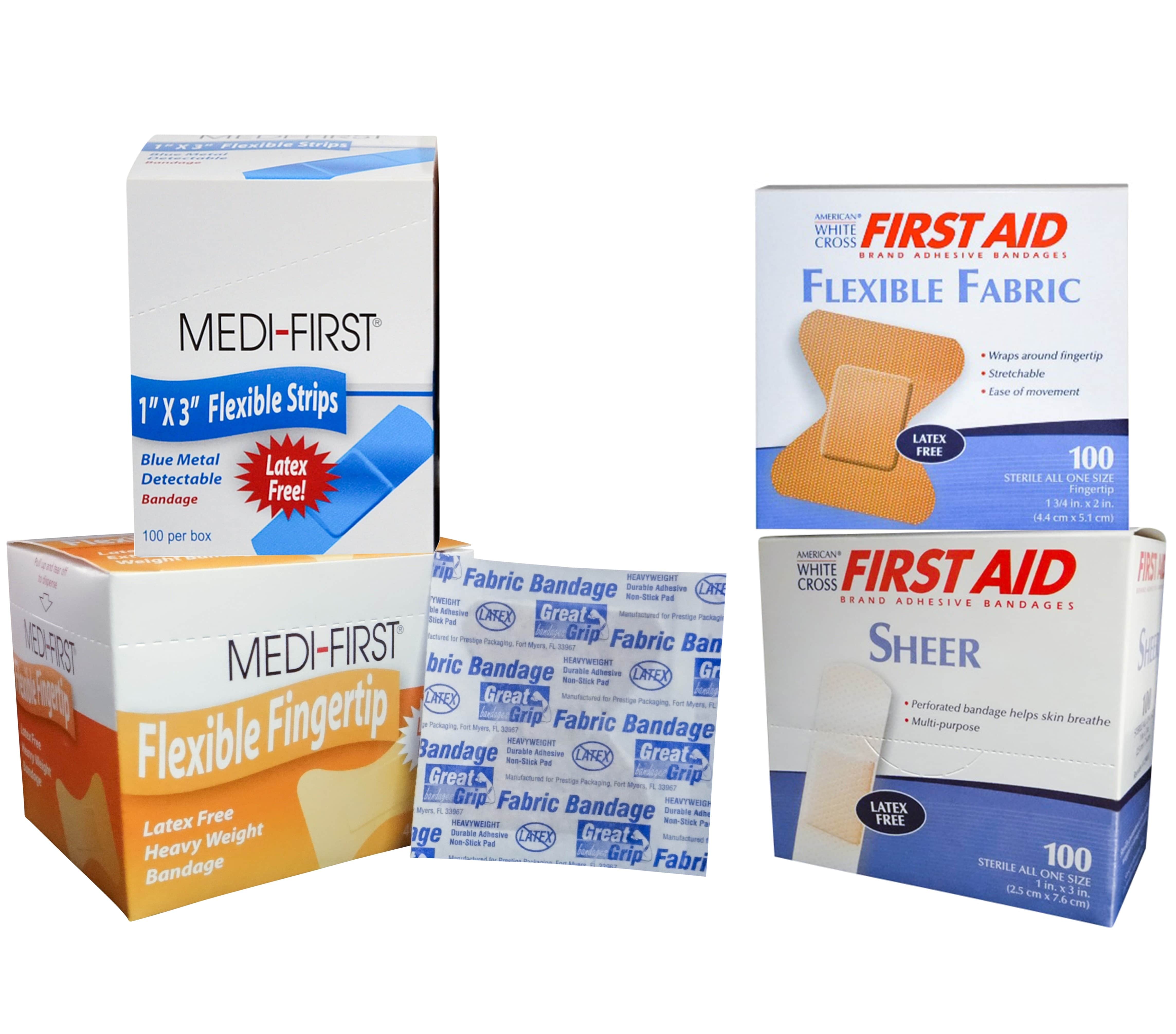
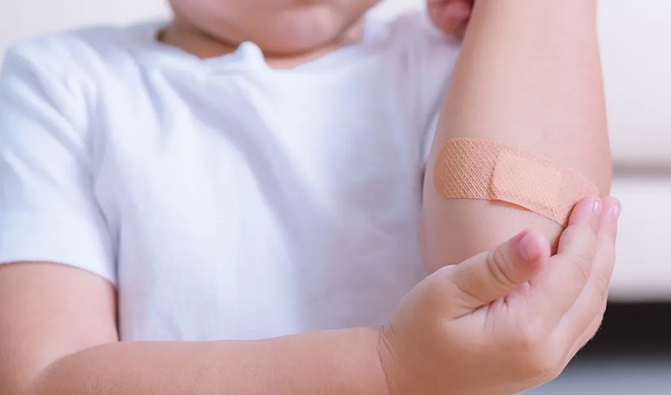
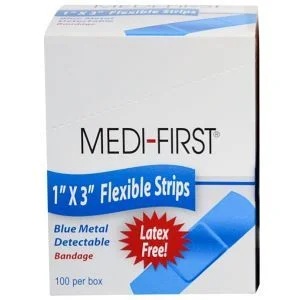
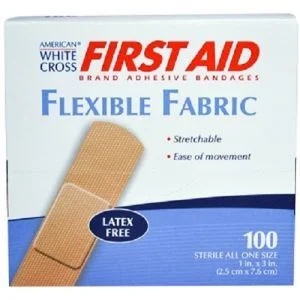
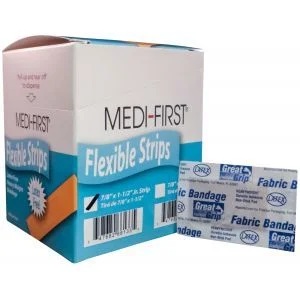
Sign In